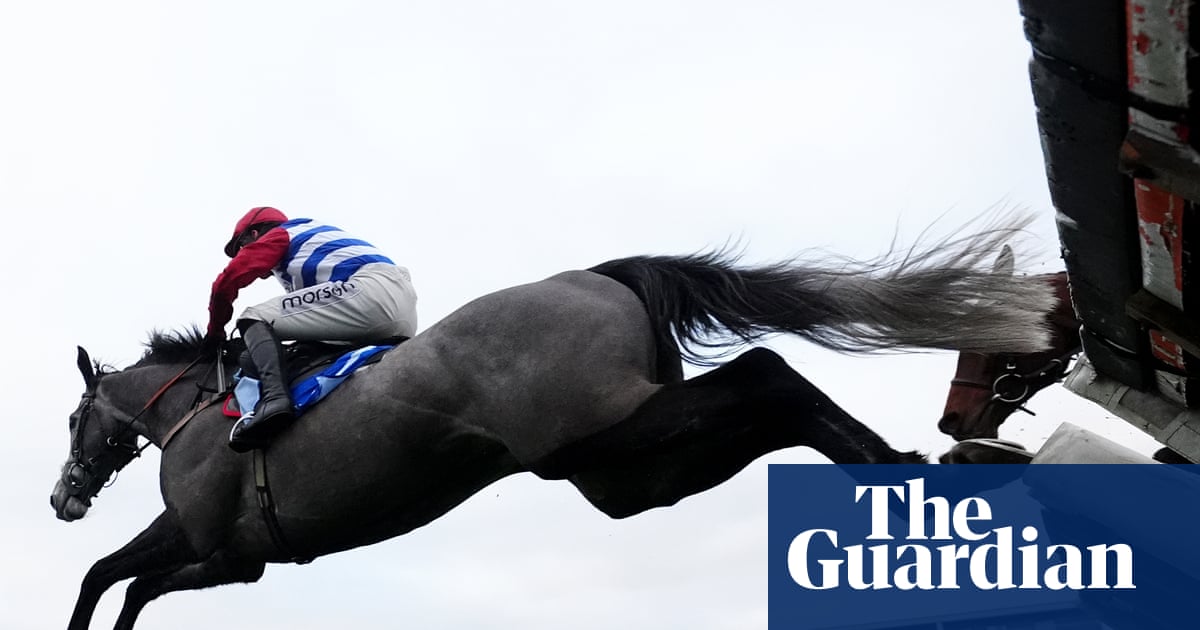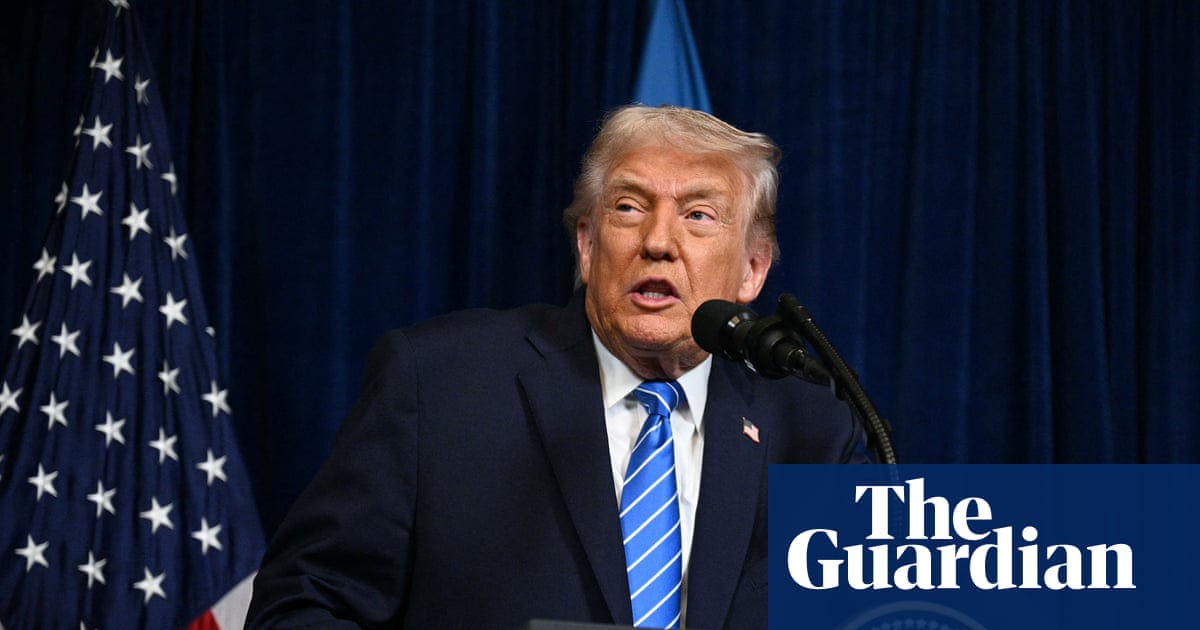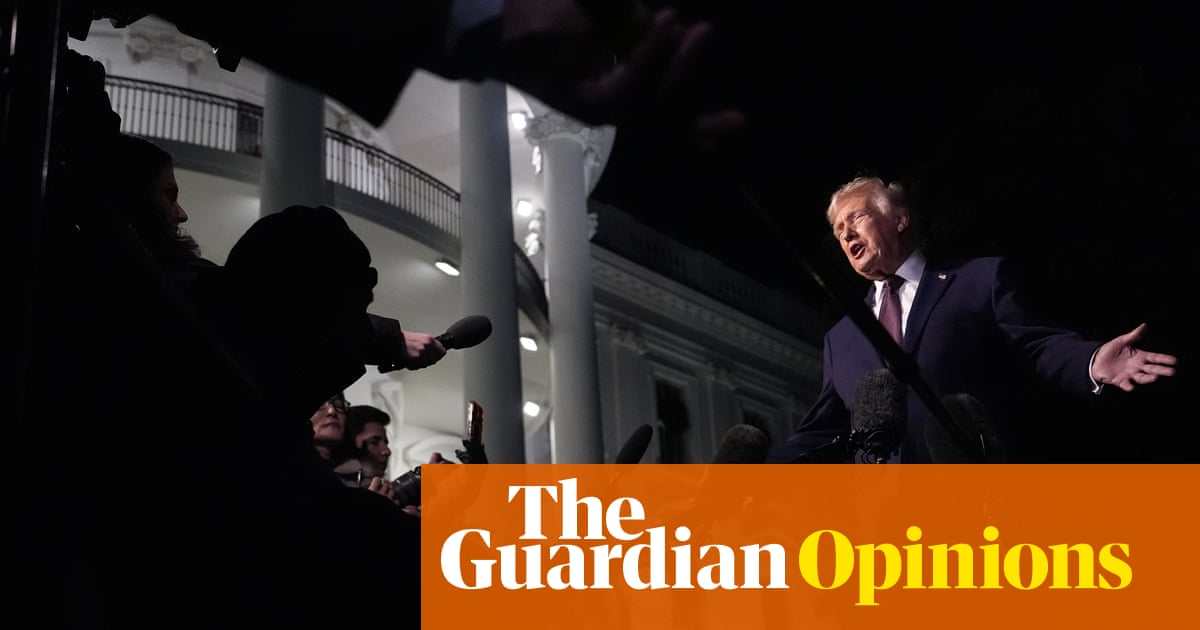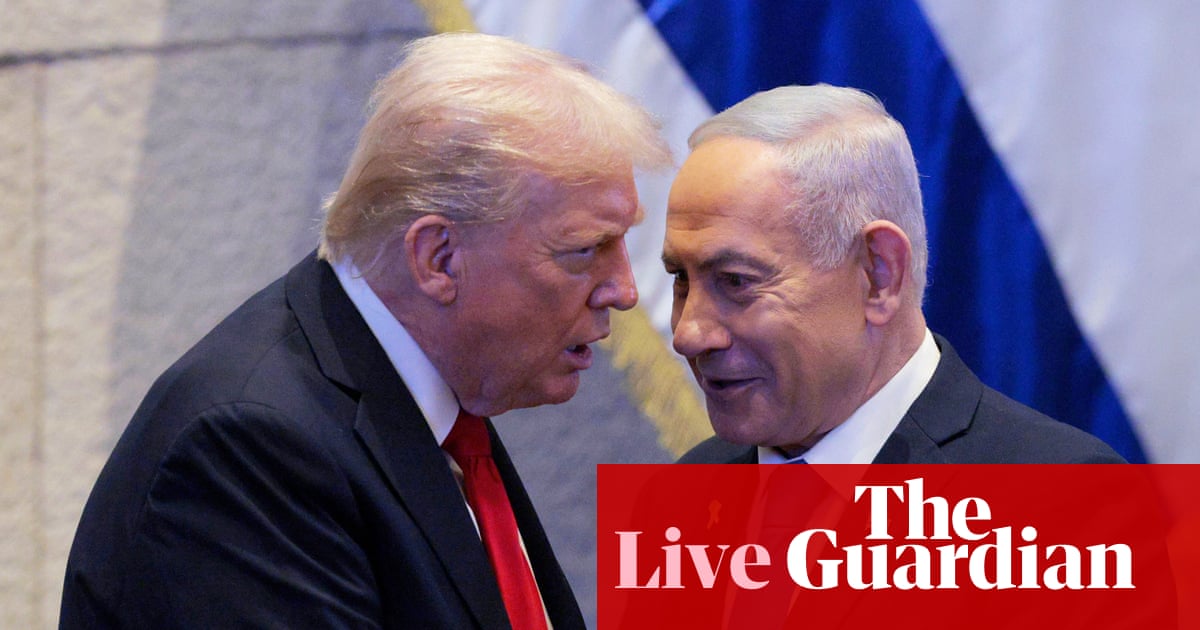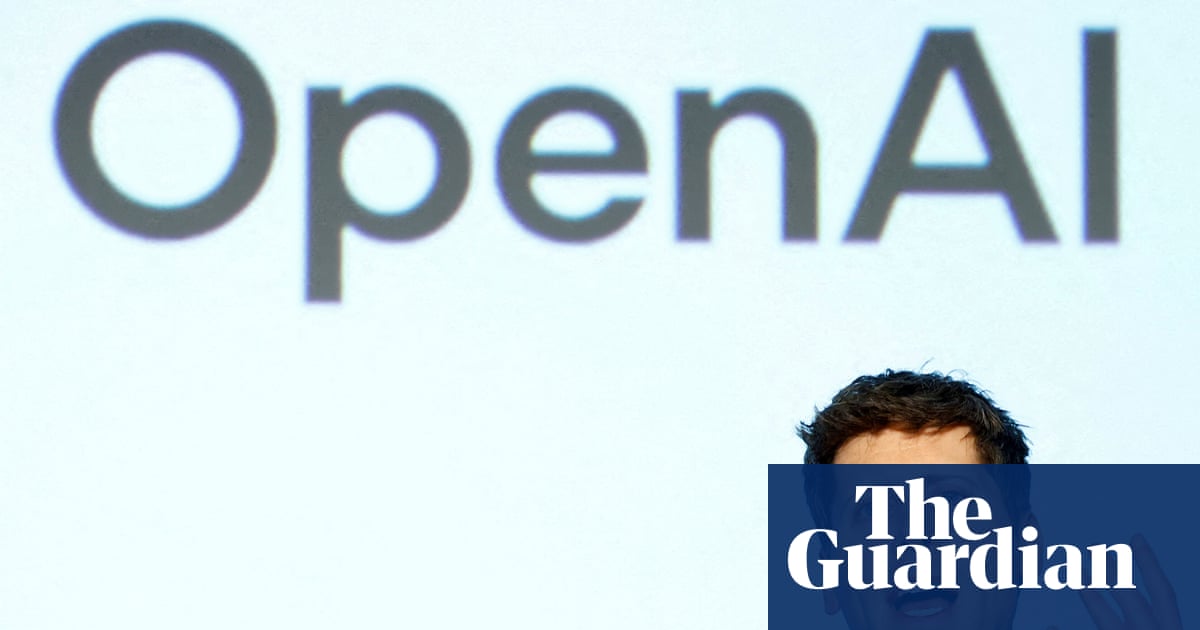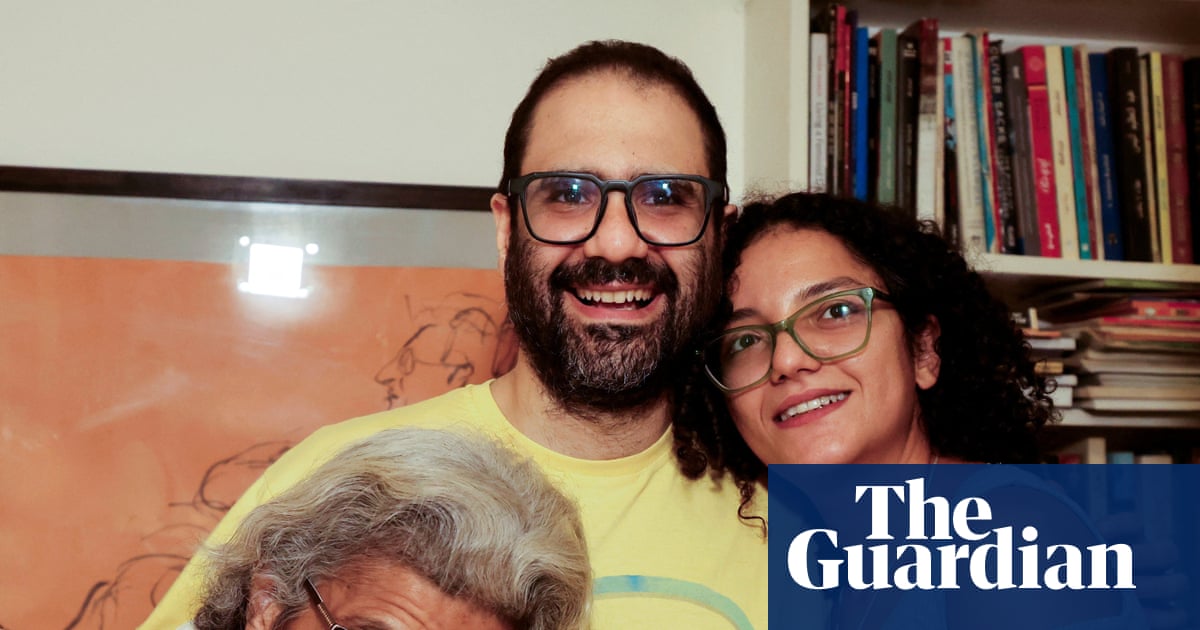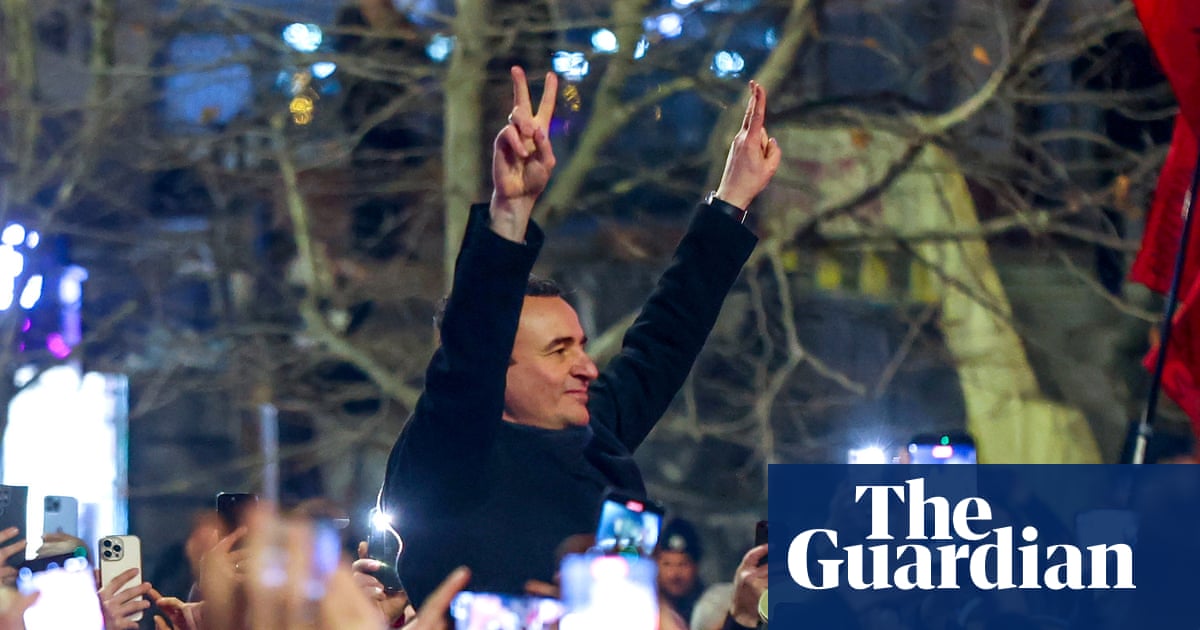If 2025 was already shaping up to be the worst year of the century for the post-1945 rules-based world order, the past week has been its most destructive week yet. Israel deepened its disregard for international conventions by sending 10 fighter jets to Qatar, bombing a Hamas delegation participating in ceasefire talks in Doha. The last meaningful forum for diplomatic negotiation may now have gone up in smoke.
At least 19 Russian drones violated Poland’s airspace. For the first time in its history, Nato airpower was engaged against enemy targets inside a Nato country. Whether the incursion was a technical mishap or deliberate probing by Moscow, as western experts believe, this was “the closest we have been to open conflict since the second world war,” Poland’s prime minister, Donald Tusk, said.
And then Charlie Kirk, a firebrand conservative activist and close Donald Trump ally, was shot dead while addressing college students and Maga supporters at a Utah university. Without evidence of the shooter’s identity or motives, Trump immediately blamed “those on the radical left,” accusing them of rhetoric “directly responsible for the terrorism that we’re seeing in our country today.”
Asked how the divided nation could heal after Kirk’s assassination, Trump said he “couldn’t care less”. His explanation for that was chilling: “The radicals on the right are radical because they don’t want to see crime … The radicals on the left are the problem – and they are vicious and horrible and politically savvy.” This is how polarisation hardens into tribalism. This is how the spiral of hatred accelerates toward a point of no return.
In reality, more than three-quarters of all extremist-related killings in the US over the last 10 years have come from rightwing extremists, with the radical left responsible for only a fraction of them. Trump condemned political violence in general the following day – but did not acknowledge the recent spate of attacks against Democrats, including several killings. To him, the problem is always “them”, never the “wonderful Americans” who make up his base.
The political and cultural aftershocks of Kirk’s death will no doubt unfold in the coming weeks, but the biggest danger in a polarised climate is that the shooting becomes the Reichstag fire of our age. That arson attack on 27 February 1933 marked Germany’s pivot from fragile democracy to outright dictatorship. Hitler, freshly installed as chancellor, seized the moment to extinguish the freedoms of the Weimar constitution – expression, press, association, assembly.
“Anyone who stands in our way will be cut down,” he said, inspecting the arsoned building. Thousands of communists were jailed, including all 81 Communist deputies in parliament. With the left neutralised, the Nazis swiftly consolidated power.
In today’s US, Kirk’s death has gripped the country, galvanising the Maga movement and Trump’s supporters, and he knows it. The white supremacist Matt Forney clamoured for the arrest of every Democratic politician, openly claiming the killing as the movement’s Reichstag fire moment.
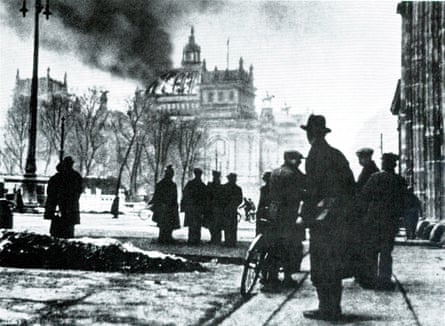
The reality is that here is the event that could rescue an increasingly unpopular presidency scarred by a sharp drop in employment figures, a weakening dollar, and a housing crisis. Trump mourned Kirk as though he were family, but the rhetoric suggested this would be as much about pursuing Trump’s enemies as justice. Right after the assassination, Trump promised to go after “each and every one of those who contributed to this atrocity … including the organisations that fund and support it.” He singled out George Soros, the American-Hungarian philanthropist and Democrat donor. “He’s a bad guy,” Trump told NBC News, he “should be put in jail.”
The motive behind Kirk’s killing remains unclear. The political views of the suspect, 22-year-old Tyler Robinson, appear as muddled as those of Thomas Matthew Crooks, the 20 year old who attempted to assassinate Trump in Pennsylvania. Is this truly the radical left attacking the radical right – or is it the strange, chaotic subculture of online niches spilling into the real world? The slogans etched on to the bullet casings in Utah read less like an ideological manifesto than a crude bricolage of puerile memes and gaming references.
But it is hard not to fear that the repression of “unwilling” academics, lawyers, journalists, civil servants, military officers, and judges in the US will intensify. Already, reactions on social media have led to a wave of sackings and US state department officials have warned foreign nationals not to praise or make light of Kirk’s assassination, instructing consulates to take “appropriate action” against any foreigners who do.
after newsletter promotion
Trump has long thrived on chaos and disorder. Where real crises do not exist, he fabricates them – including imagined crime pandemics in Los Angeles, Washington DC and Chicago. Fake chaos fuels his power grab. Now he has been handed chaos on a silver platter. No wonder he couldn’t care less if the nation comes together.
The shooting provides the perfect pretext for tightening his grip, silencing dissent, and concentrating power – so that his successors may inherit full state control, regardless of charisma, merit or mandate. After all, any autocratic system has to be built first; once entrenched, it becomes far easier to maintain.
Liberal democracy and the rules-based global order are far from perfect, but they have delivered peace, progress and prosperity – the very opposite of authoritarianism. To suggest that the US, the architect of the postwar order, could soon slide into full-blown autocracy, its leaders thinking like Nazis in 1933, may seem far-fetched.
But from another vantage point, it is not far-fetched at all. Totalitarianism was still within living memory when many of us, even at the heart of modern democratic Europe, were growing up. From Belgium to Bulgaria, most families have some history of the death, destruction, hatred and destitution that authoritarianism leaves behind. If Americans want to save their near future, they may want to consult our recent past.
-
David Van Reybrouck is philosopher laureate for the Netherlands and Flanders. His books include Revolusi: Indonesia and the Birth of the Modern World, and Congo: The Epic History of a People

 3 months ago
48
3 months ago
48


